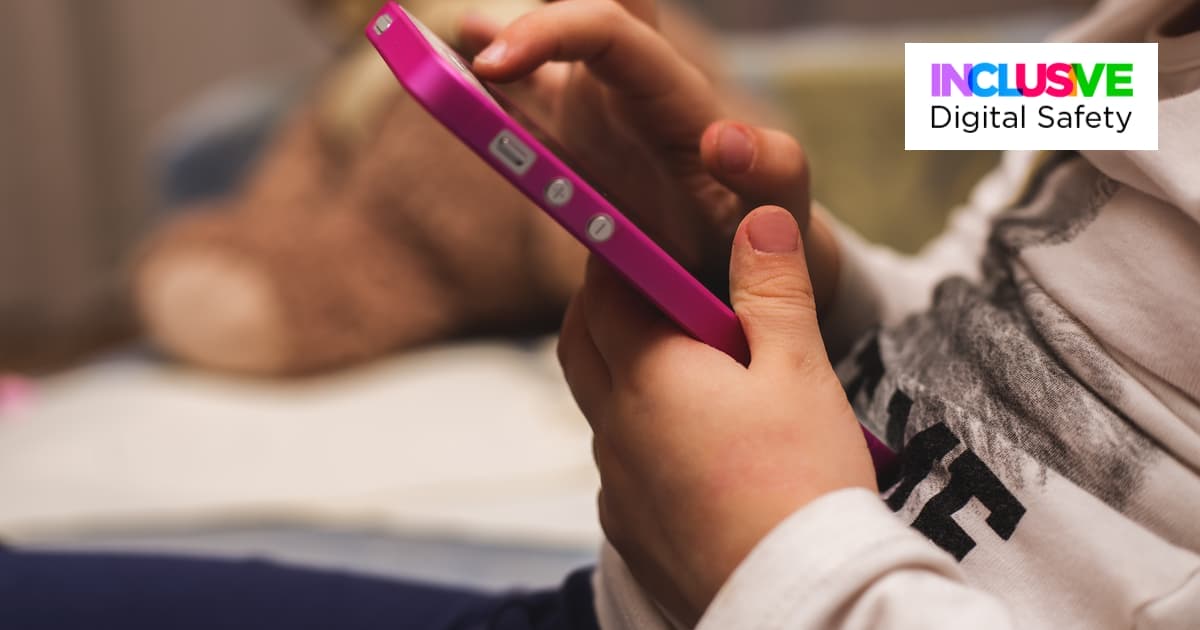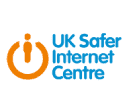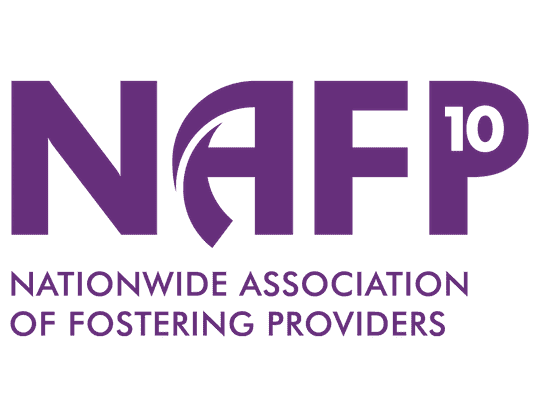If a child or young person is a victim of cyberbullying, they may find it hard to recognise it or to even tell you who is doing the bullying, so it’s important to:
Talk about healthy friendships
To help them recognise that a relationship is wrong, explain why it can put them at risk. Discuss what a healthy friendship looks like, so they have a reference point.
Know who they are connected with online
Think about why your child or young person might be continuing a relationship with someone that is toxic (as it may be fulfilling a need to be considered part of a group)
Get support from schools and other organisations
If the person or people doing the bullying are from a child’s school, you may want to contact the school about it. It’s natural for a child to worry about what the outcome of this might be and how the school responds will vary depending on their anti-bullying policy. All schools should have a policy and may have mentors who can help.
If the content of the bullying is sexual, targeted at your child’s ethnicity, gender, disability, or sexuality, if threats are being made to harm your child or incites your child to harm themselves, then consider reporting the activity to the police.















